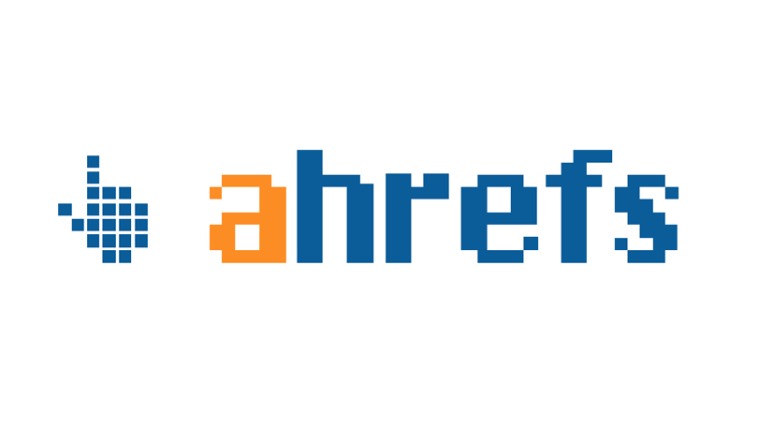
If you’ve spent any amount of time around SEO forums or digital marketing groups, you’ve likely heard people obsessing over DR. Short for Domain Rating, this metric has become a kind of status symbol—like flexing a six-pack in a gym full of marketers. But here’s the truth nobody wants to admit: being addicted to DR might actually be hurting your business more than helping it.
Let’s start by clearing the air. DR is a metric created by Ahrefs, designed to estimate the strength of a website’s backlink profile. In theory, the higher your DR, the more “authority” your website has in the eyes of search engines. The problem? Google doesn’t use DR. That’s right. It’s not a ranking factor. It’s not even part of Google’s algorithm. Yet, many businesses treat it like gospel—chasing backlinks, buying links, and wasting budgets just to watch that little number tick upward.
So why are people so obsessed? Because it feels good. It gives you something tangible to show. "Look! My DR went from 37 to 52!" But what does that really mean for your bottom line? Are you getting more traffic? More conversions? More customers? Often, the answer is no.
Here’s the thing about DR addiction—it’s seductive because it’s measurable, but it’s often meaningless. Business owners and marketers get so caught up in increasing DR that they forget what actually matters: creating value, solving problems, and making sales.
Now imagine this: you’ve spent months building backlinks, paying for placements, and gaming your DR. Meanwhile, a competitor with a lower DR is outranking you in search results. Why? Because their content is better. It’s more helpful. It’s optimized for user intent, not some vanity metric.
Domain Rating is a vanity metric.
There it is—your wake-up call. Chasing DR is like chasing Instagram followers hoping it’ll make you a millionaire. It might look good, but unless it translates into traffic and conversions, it’s just noise.
This doesn’t mean DR is useless. It can offer insight into a website’s general link profile, and yes, a site with strong backlinks may have more trust built up. But DR should be a data point, not the goal. When you start making strategic decisions purely based on a DR score, you’re no longer optimizing for business growth—you’re optimizing for a number on a third-party platform.
If your focus is only on building links to boost DR, you might miss more important things—like optimizing your on-page SEO, improving page load speed, or creating content that actually answers your audience’s questions. You might neglect email marketing, ignore your content funnel, or skip testing your call-to-actions. In other words, you’re building a skyscraper on sand.
Think about it this way. If Google shut down tomorrow, and DR disappeared overnight, what would your digital presence look like? Would you still be able to attract and convert customers? Or would you be left with a bunch of backlinks and no audience?
That’s the scary part of DR addiction—it takes your eye off the ball. You stop thinking like a business owner and start thinking like a score chaser. It’s the SEO version of vanity muscles. You might look strong on paper, but there’s no power behind it.
What you need instead is balance. Yes, pursue quality backlinks. Yes, be aware of your domain metrics. But never let them dictate your entire strategy. Focus on value. Focus on experience. Focus on how people interact with your brand, not just how bots crawl your pages.
The businesses that are truly thriving online today aren’t the ones with the highest DR. They’re the ones that understand their customers, build meaningful content, and create a seamless journey from the first click to the final purchase. They’re using SEO as a tool—not a scoreboard.
So the next time you feel tempted to pour another chunk of your budget into link-building just to watch your DR tick up, pause. Ask yourself: what’s the real business outcome I’m aiming for? If it’s traffic, focus on content strategy. If it’s leads, improve your landing pages. If it’s conversions, optimize the entire user experience.
Your DR might be 70, but if your website bounce rate is 90% and your conversion rate is under 1%, you’re losing the game. And here’s the kicker—Google notices. No amount of backlinks can save poor user experience or irrelevant content. Eventually, the algorithm will figure it out, and you’ll be left wondering why your "authoritative" site is buried on page three.
In conclusion, DR can be a helpful metric—if you know how to use it wisely. But don’t let it run your strategy. Don’t build your business around a number that doesn’t directly drive revenue. Be smart, be strategic, and always remember why you started your business in the first place. Was it to chase numbers? Or was it to create something that truly matters?
Let DR sit in the backseat. You’ve got more important places to go.